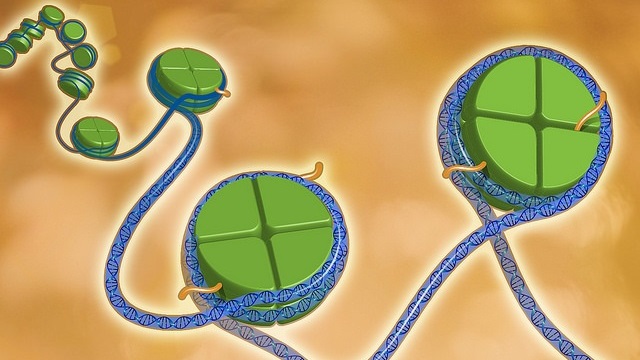 FLICKR, NHGRILast week (November 17), the International Human Epigenome Consortium (IHEC) published 41 papers in Cell Press journals and other high-impact publications. IHEC aims to provide researchers with a comprehensive epigenomic analysis of healthy and abnormal cells, and the new studies constitute major strides toward that goal.
FLICKR, NHGRILast week (November 17), the International Human Epigenome Consortium (IHEC) published 41 papers in Cell Press journals and other high-impact publications. IHEC aims to provide researchers with a comprehensive epigenomic analysis of healthy and abnormal cells, and the new studies constitute major strides toward that goal.
One area of investigation is the role of epigenetics in immunity. Examining the genomic and epigenetic makeup of major types of immune cells from nearly 200 blood donors in the U.K., IHEC researchers found that genetics explain most of the epigenetic variation among individuals. “Correlating epigenetic changes with genetic variations is like putting together a gigantic puzzle,” coauthor Tomi Pastinen of McGill University said in a press release. “As more of the pieces are assembled, they provide potential new targets for therapeutic agents.”
Other researchers looked into the epigenomes of T cells in blood and bone marrow samples. They identified progressive loss of DNA methylation in certain parts of the genome, and reported that memory T cells in the blood had distinct epigenetic profiles from ...



















